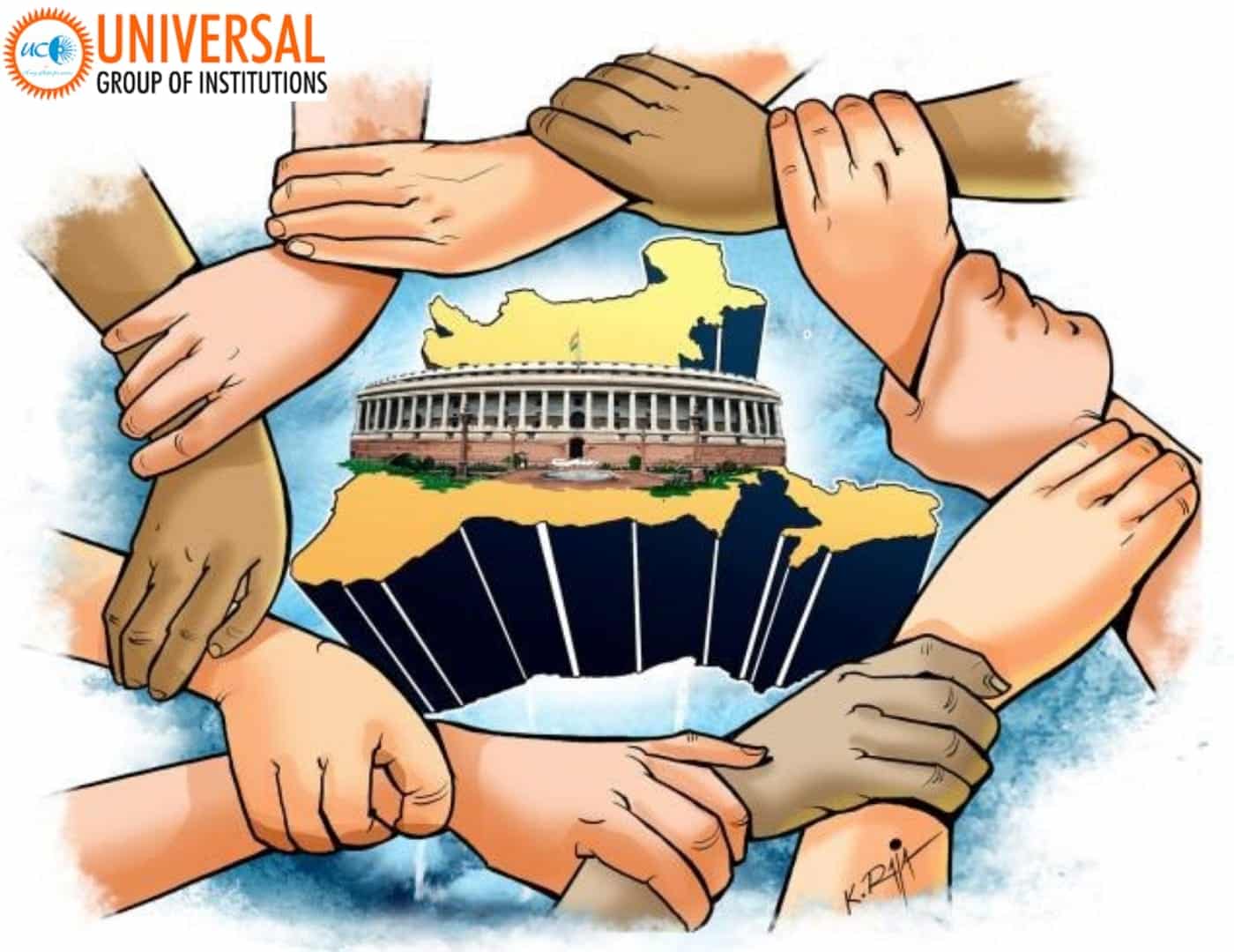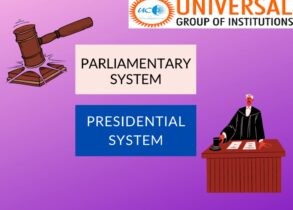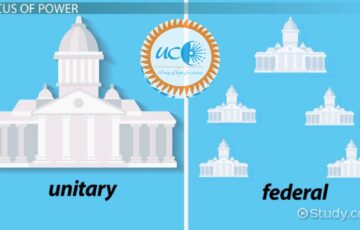“Though Indian federalism is also called bargaining federalism,often the centre holds disproportionate powers, making it a pseudo federalism”. Analyze
Indian federalism was a kind of Cooperative federalism where bargaining took place between the centre and the states. Even though the position of states legislatively, administratively and financially is weak, they do tend to exert their powers through bargaining.
Bargaining federalism is manifested between different states and also between Centre and States in the following ways:
- Territorial disputes between different states like Karnataka and Goa.
- Elements of competitive federalism between the states happening through Vibrant Gujarat Summit etc.
- Inter State River Water Disputes between several states. Eg: Cauvery Water Dispute between Karnataka and Tamil Nadu.
The Centre still holds disproportionate powers and it is visible in the following ways:
- Legislative Relations –
- Under Article 249, Parliament is empowered to make laws with respect to every matter enumerated in the state list, if it is necessary in the national interest.
- Residuary powers of legislation are lying with the Centre.
- The 42nd Constitution Amendment Act where the Centre has transferred several lists from the State list to the Concurrent lists which is a case of erosion of power from the State.
- Parliament’s power to form new states and alter boundaries of existing states – the very existence of the state depends on the will of union.
- Administrative Relations –
- all planning is at the union level and the state only implements the plans. The executive power of every state has to be exercised to ensure compliance with the laws made by parliament.
- Existence of union territories – these are directly governed by the
- central government.
- Appointment of governors -the governors of states are appointed by the president and answerable to him. There are provisions in the constitution under which the governor is required to send certain state laws for the assent of the president.
- Common All-India Services, centralized electron machinery/ controller, and Auditor-General/Inter-State Councils and Boards.
- Emergency Provisions – under emergency, the normal distribution of powers between the Center and states undergo a vital change, and the center becomes all-powerful
- Financial relations -the states depend largely on financial assistance from the Union.
- The Finance Commission is established by the Centre and it determines the grants in aid that are required to be sent to the States.
- Financial Emergency is proclaimed by the President where the President works on the aid and advice of the Council of Ministers.
- As per Article 293, the States cannot borrow from external sources without the permission of Centre.









